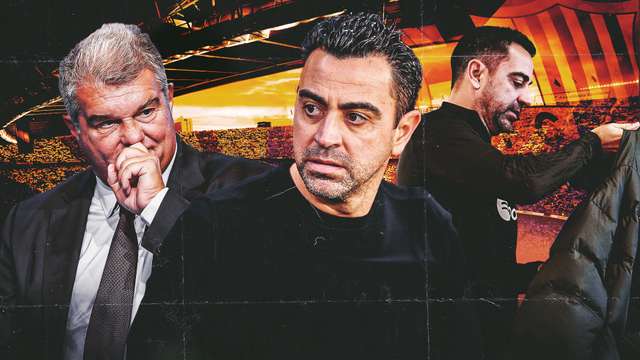Two matches into their AFC (Asian Football Confederation) U16 Championship campaign in Malaysia, India sit on the brink of qualification to the knock-out stages for only the second time in the competition’s history.
A win or a draw in Thursday’s crunch clash with Indonesia will ensure progression to the quarter-final of the continental showpiece for the first time since 2002.
For those who have been closely monitoring the performance of the U16 team over the past seven months or so, progression to the quarter-final will not come as a surprise.
Bibiano Fernandes and his Blue Colts have been turning heads for some time now with their displays against opponents of much higher repute in a series of overseas exposure trips and training camps.
Ever since they booked their tickets for Malaysia in the qualifiers held at Nepal last year, there have been concerted efforts by both the AIFF (All India Football Federation) and the Sports Authority of India (SAI) to provide the team with the best preparation possible for the main event.
At the start of the year, AIFF General Secretary Kushal Das and Director of National Teams Abhishek Yadav secured an additional fund injection to the tune of INR 9 Crores for the team’s preparations from the SAI.
The basis on which the significant funds were released was a long-term vision for the team presented by the AIFF which would look to develop the current crop of players for not only the AFC U16 Championship but also the 2021 FIFA U20 World Cup qualifiers as well as the 2024 Olympics.
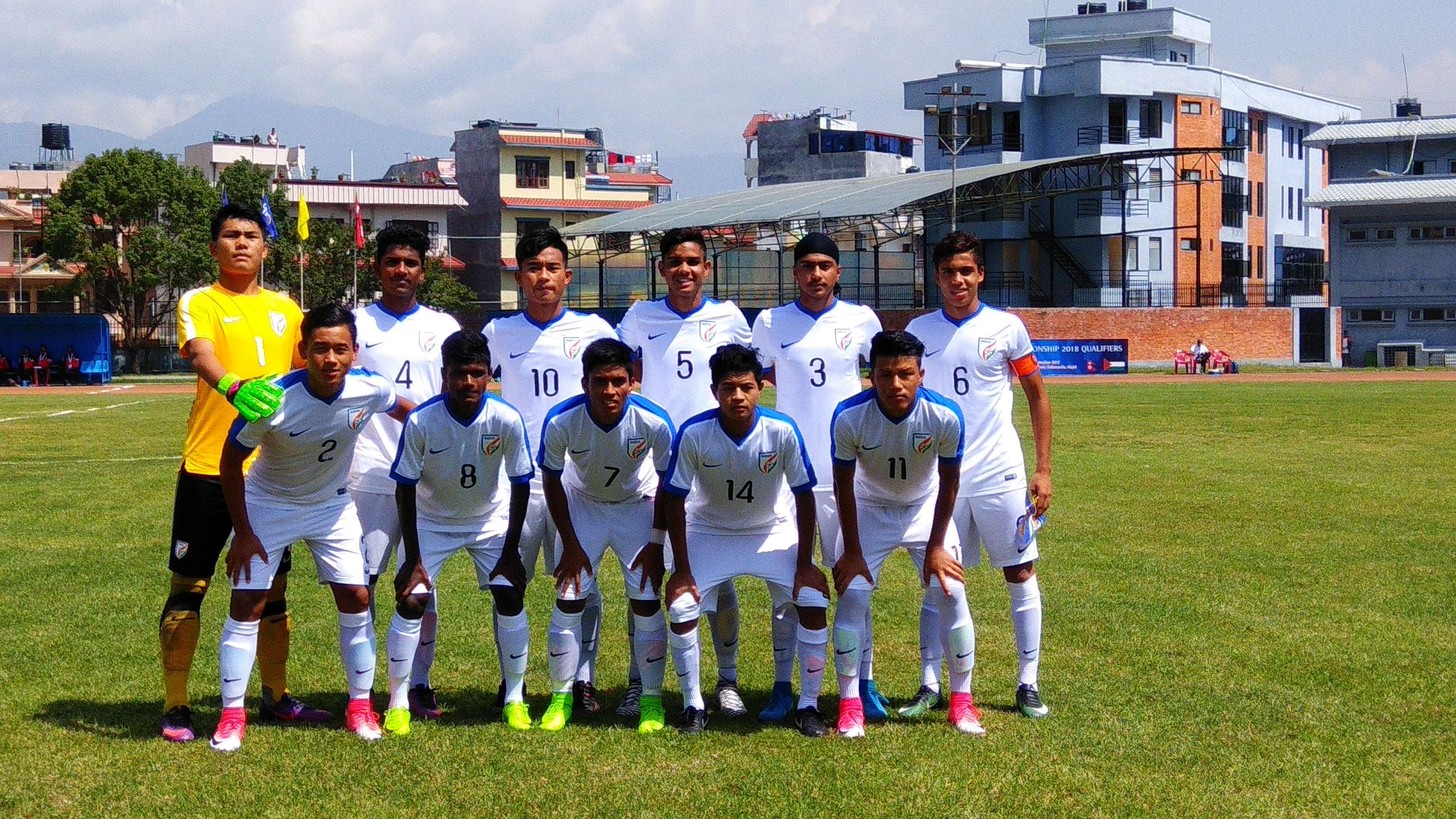 AIFF Media
AIFF Media
Since then, the U16 outfit has undergone a series of overseas exposure trips to Egypt, Qatar, Dubai, Hong Kong, Spain, Serbia, China, Thailand, Malaysia, Jordan and Turkey.
Playing against opponents with vastly contrasting styles and experiences have honed the team’s readiness for the main competition in a befitting manner. Every little detail in the team’s preparations, be it the rest period between two matches in a tournament or the calibre of the opposition they have played against has been planned to derive the maximum performance from the colts.
For the past seven months, the team has been on the road more often than not with the governing body leaving no stone unturned in arranging their participation in four-nation tournaments and other training camps.
Their calendar has been busier than many teams playing in top leagues of Europe with practice games coming in thick and fast every month. All of this has seen the team arrive in Malaysia full of confidence and with the winds behind their sails.
The teams assured displays in the two matches so far against Vietnam and Iran have been a glowing indictment of the success of the ‘project’ and even a top-four finish (and qualification for the FIFA U17 World Cup) does not seem outside the realm of possibilities.
This does beg an important question. If dedicated planning and implementation can make such a world of difference to the team’s fortunes in just seven months or so, what would be the outcome if such attention is devoted to a team for, say, two years?
The Indian team which participated in the FIFA U17 World Cup held at home last year were together for a long time but even their preparatory period pales in comparison to the one the U16 crop have been afforded.
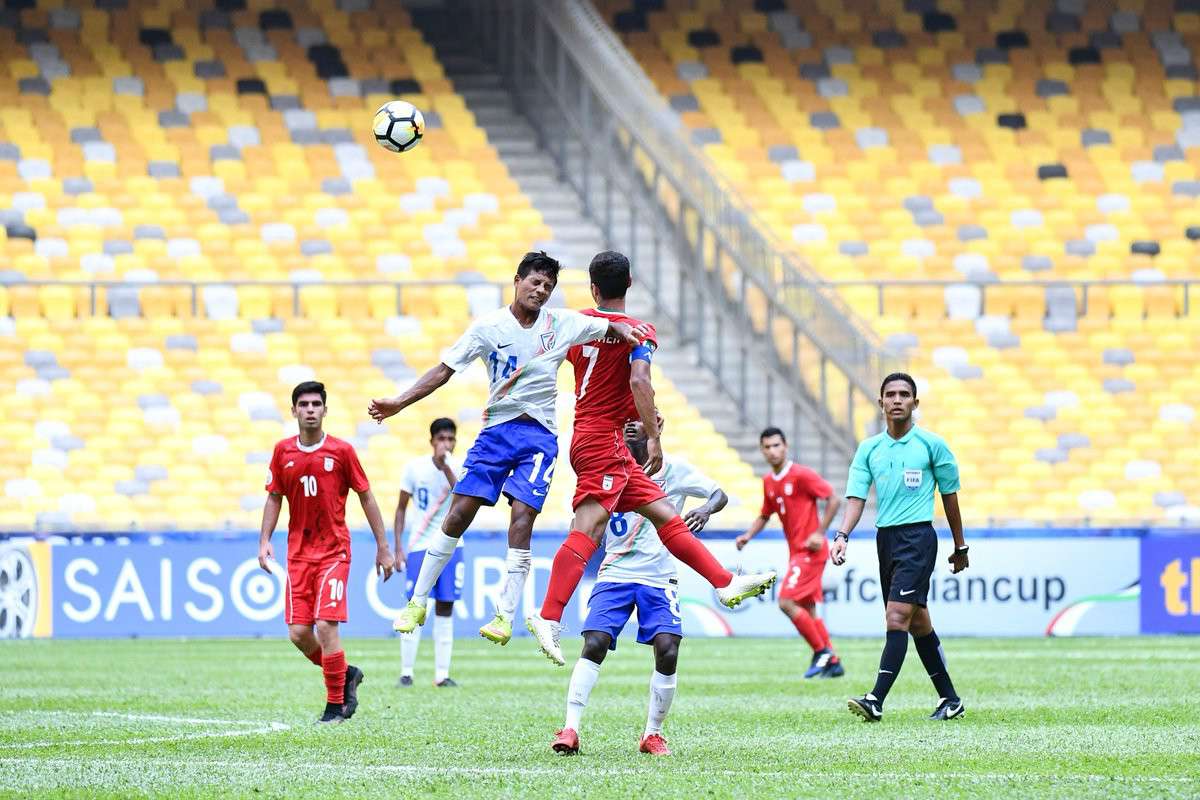 AFC.com
AFC.com
If this intensive level of preparation given to the U16 side can be sustained for a period of two years, there no should be no limit to the kind of success the team can achieve given how far they have come as a unit since the turn of 2018.
The improvement in the team was evident to see in their final four-nation tournament ahead of the AFC Championship. At the WAFF (West Asian Football Federation) U16 Championship in Jordan, India’s win over defending AFC champions Iraq grabbed plenty of eyeballs. In the tournament, the team also notched impressive wins over their Jordan and Yemen counterparts while falling narrowly to powerhouses Japan.
That such progress can be achieved under just seven months should be good food for thought for the stakeholders of Indian football. With the same level of scrutiny and dedication, a two-year plan or so could work wonders for future Indian youth teams.
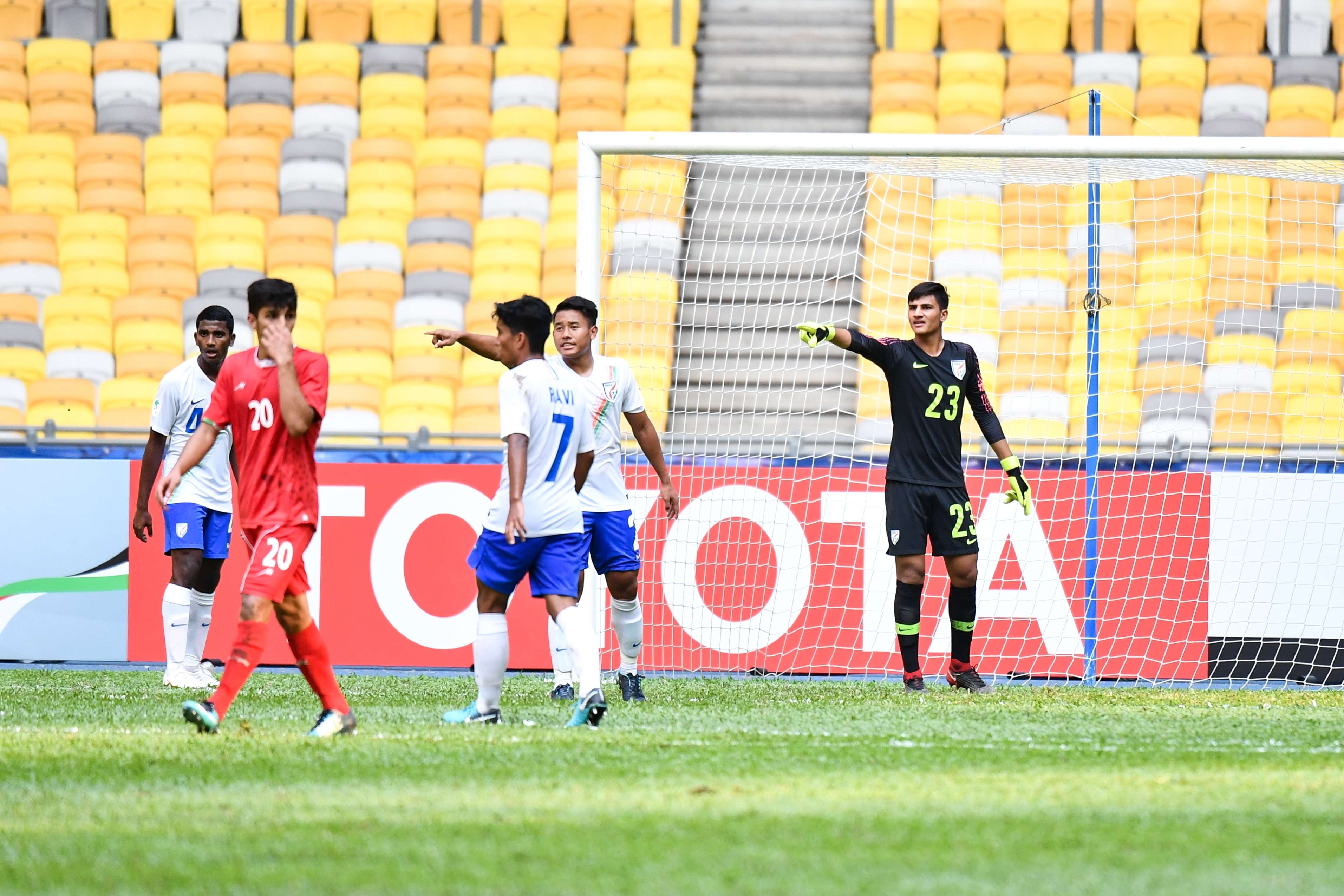
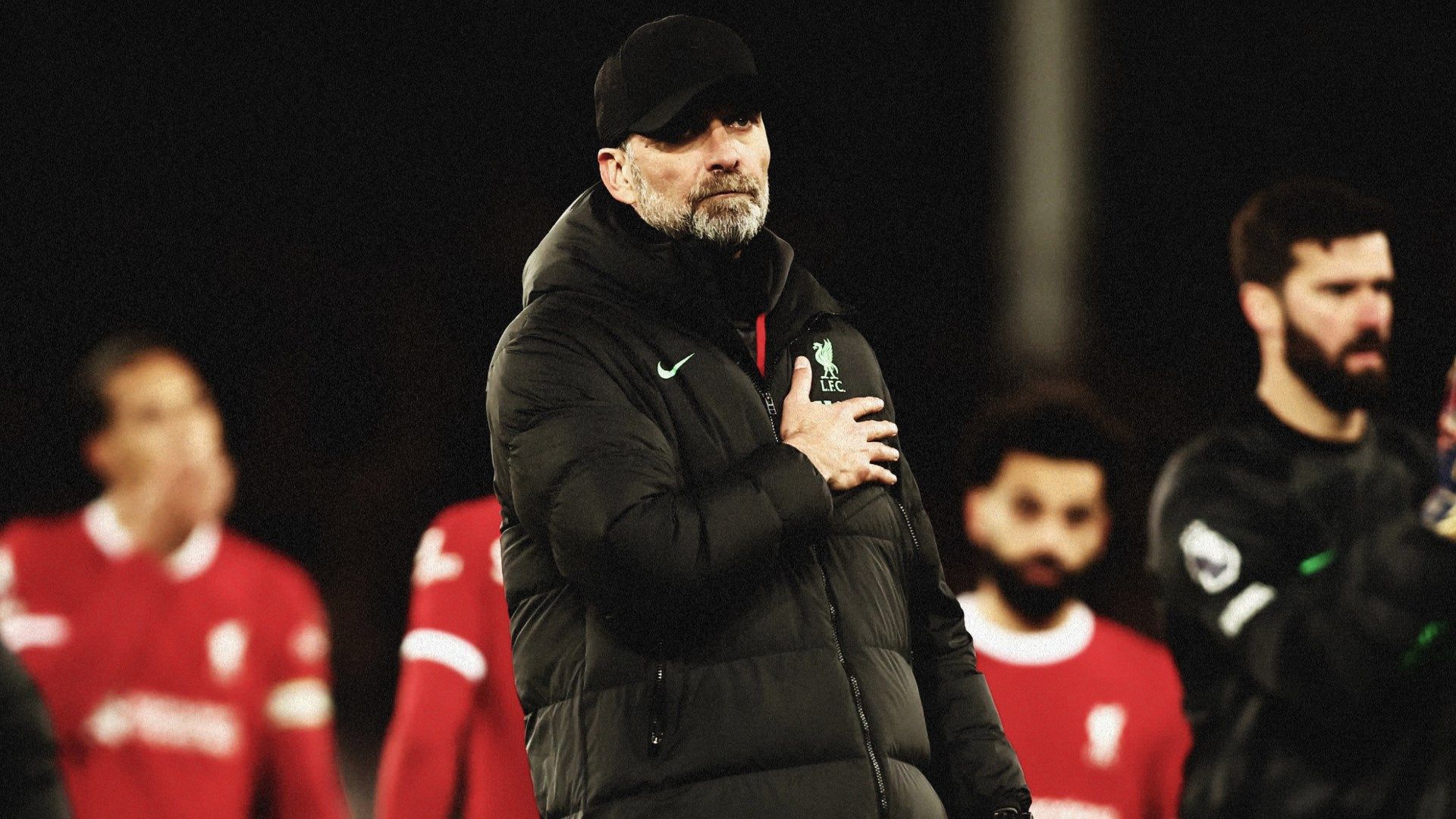.jpg?auto=webp&format=pjpg&width=640&quality=60)
.jpg?auto=webp&format=pjpg&width=640&quality=60)
